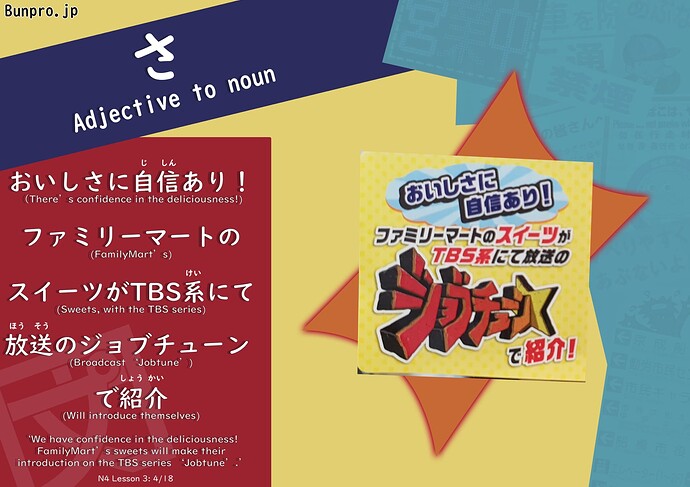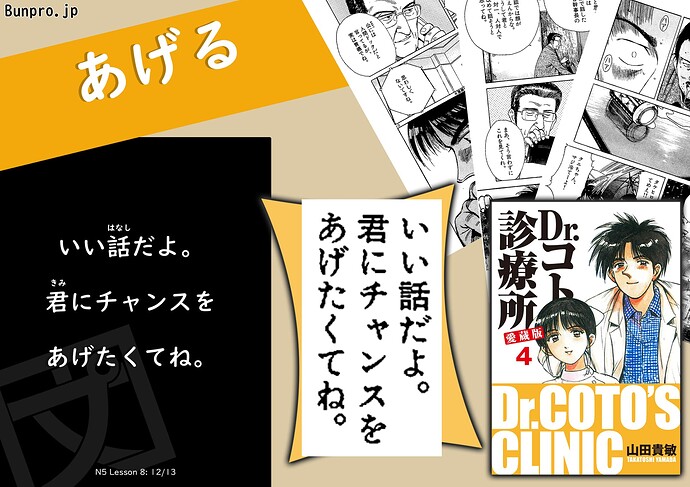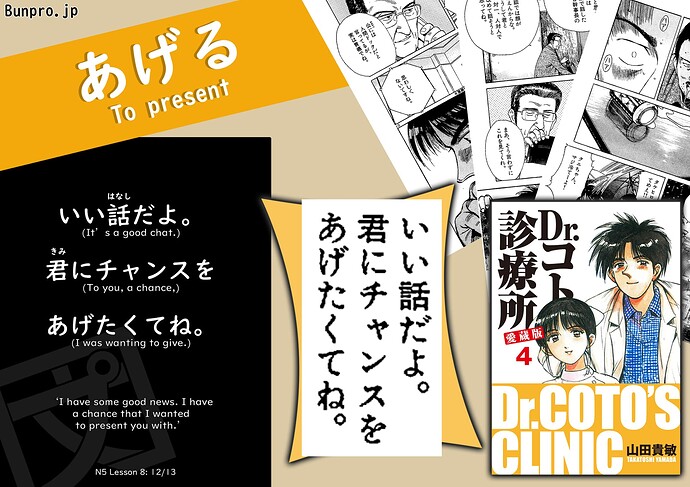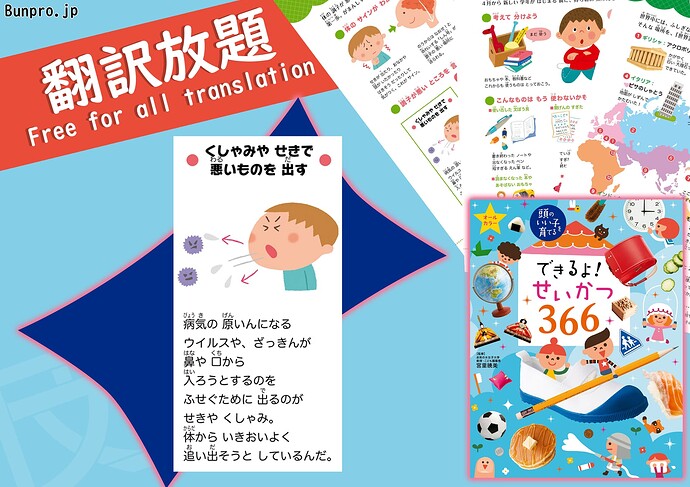Answer about past and 'want'
This is a loose translation to get across the feeling of くて
It is similar to saying ‘I was wanting to go to Disneyland!’ (said right before going to Disneyland/upon arriving at Disneyland). It doesn’t mean the feeling of wanting has stopped, just that the opportunity of doing the thing that was ‘wanted’ has arrived.
We do this a lot in English as well, it’s like seeing someone and saying ‘Oh that reminds me, I wanted to tell you something!’ (But you haven’t actually told them yet, so does that mean you don’t want to tell them anymore?)
て can sometimes have this same nuance when a situation has just presented itself.





